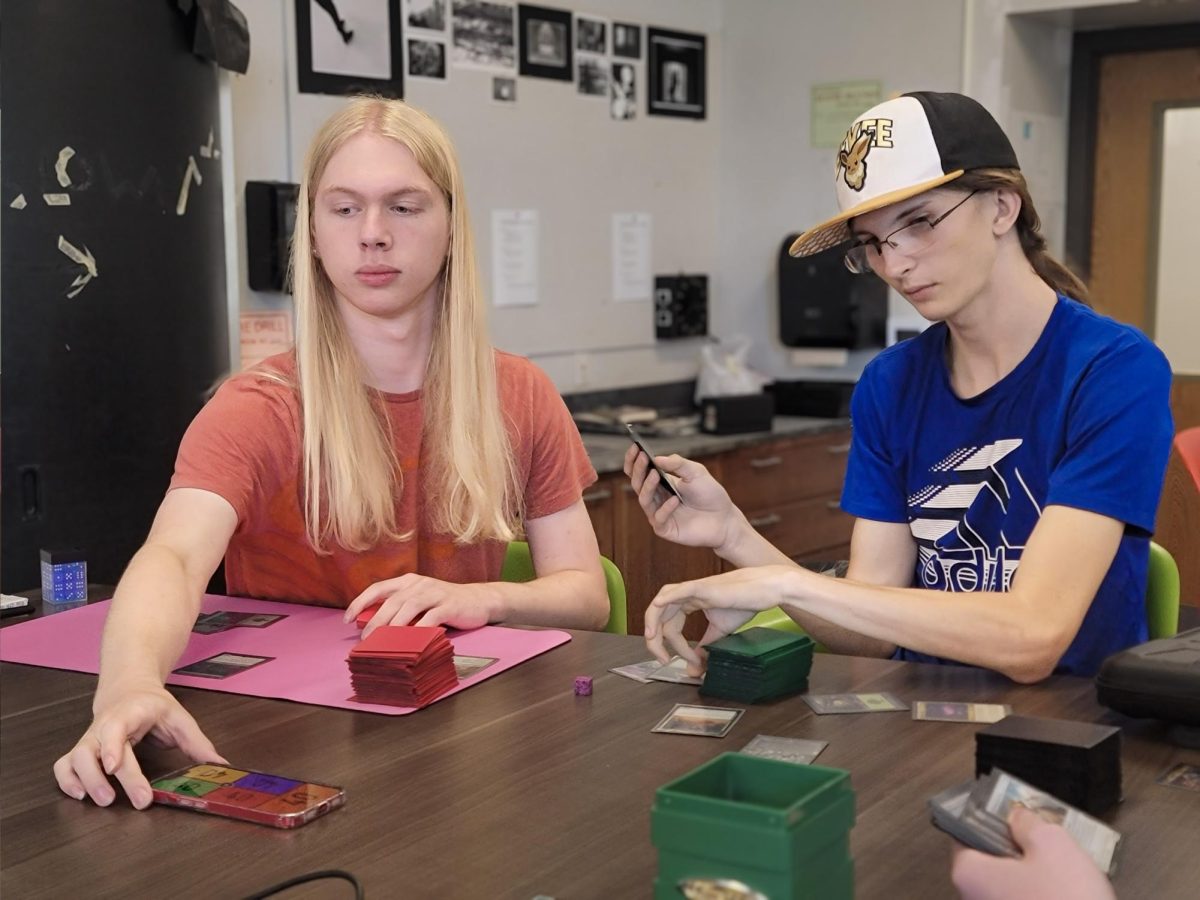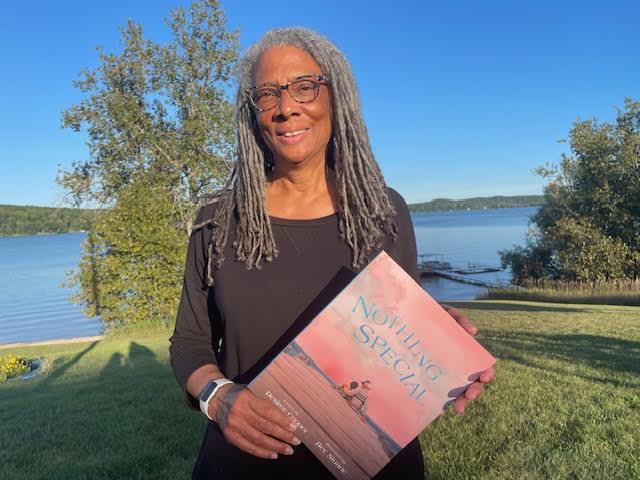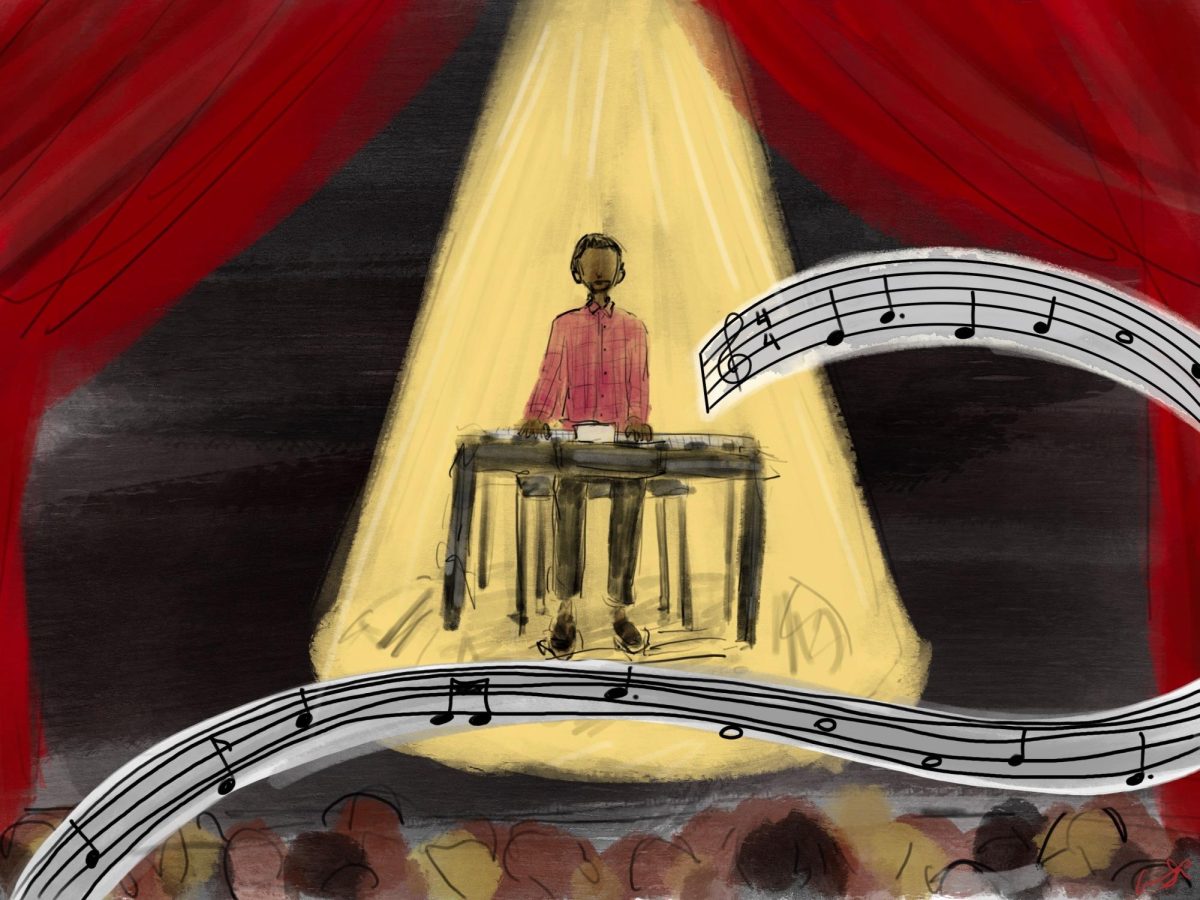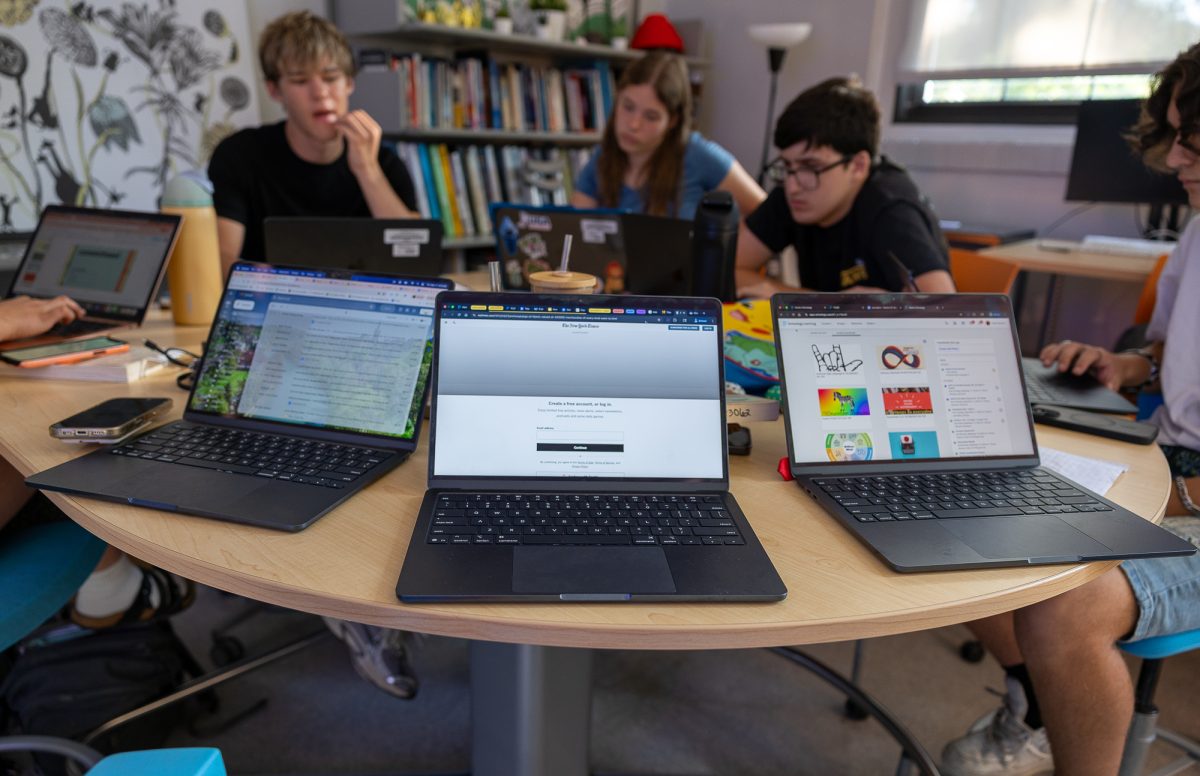
“Before we start can you just remind me, who’s the audience for this? Where’s it’s going to appear? And what would you most like your readers to get from this?” said Macky Alston before the interview began. Alston is an expert media trainer. He is a Sundance award winning documentary filmmaker, television producer and for the past 10 years directed a program, that he founded, called Auburn Media, which is run out of Auburn Seminary in New York City. The program helps faith leaders and experts on religion stand for justice through the press and media. Over the past eight years the core program of Auburn Media has been media training. They have trained over 3000 faith leaders and experts on religion, from all faith traditions.
In recent months Community High has been in the spotlight, because of the way students have been talking to the media. Steven Crowder, a comedian and Fox News contributor, recently did a video called “MARIJUANA!! The Truth!” The video, which debuted on Fox Nation, is about the problems with the legalization of marijuana and interviews several CHS students about their experience with the drug. The video has been up for two months and already has over 200,000 hits on YouTube.
Alston believes that if someone calls or approaches you for an interview you should not do the interview right at that moment. You should ask them for their name, ask them how to spell it, ask them where they work or for whom they work. “Often a reporter will say ‘I need a quote right away.’ Don’t provide it right away. Instead ask them their deadline. What often they might say is ‘I need it by four o’clock today’ and it’s 10am in the morning, well that gives you a lot of time,” said Alston. This will give you time to see if the reporter is one you want to have represent you. Before doing an interview you need to evaluate whether this “media moment”–as Alston called it– is going to benefit the thing you care about or if it’s going to harm you and the thing you care about. Alston continued, “Remember that the only reason you do media work is because you have something to say and you have some audience you are trying to reach… If the reporter doesn’t reach the audience you care about, why do the interview at all? What’s the benefit?”
Once you have done your research on your reporter and decided you are going to take an interview there are still many things you need to be aware of. Once something is online, regardless of the publication, the readership can be endless and what you say will be on record forever.
“As you go for job interviews, and the employer googles you-which they all do, these articles that you are quoted in in high school will come up,” said Alston.
Another thing that one must be aware of is being on and off the record. Alston believes that it is not possible to engage online with journalist, or even friends, “off the record,” especially because life is now experienced publicly through the media–this is all mediated through social media. “You’re always on the record. In this day and age, that doesn’t mean today, it means forever,” said Alston. He suggests only posting things online that you would like to see on the cover of the New York Times.
One issue in “MARIJUANA!! The Truth!” was that many students of the students’ interviews were taken out of context and edited in a way that did not express their full opinion. One student interviewed explained, “He asked me if I smoke and I answered I have tried it once. He cut it so he said I have smoked…He then asked if it was bad and I said I don’t really know, but I have heard it is harmless. He cut it so I basically said it was harmless.” Alston recommends that before engaging with a reporter you should go on record publicly with the topic you are being interviewed on. This way if you are misquoted or taken out of context you can show an earlier account of what you think. This can be recording a video from your phone and posting it on YouTube, tweeting about what you believe, or going on record at your local or school paper. “That way there are multiple accounts of what you think and hopefully yours predates the one that you don’t agree with…It’s very difficult to get a media outlet to correct a misinformation…and anyway the message, the word is out,” said Alston.
However, even before you post these things online you should have another person read it. “Media work is best done in partnership and sometimes we simply don’t have an ear for the double meanings…of the things we’re saying or the way in which we come across. It’s better to get the opinion of someone you really trust, who will tell you lovingly, but honestly how you’re coming across, so that you can come across to your own best self,” said Alston.
Alston is all for doing media work for positive outcomes, but the conditions just have to be right. We live in a day and age where what people say really matters. It does not matter how old you are, you can be heard. You can be heard from a Fox News video about marijuana or you can be heard from a blog about your passions.“If your voice can be heard that easily that means what you say, what you do, really matters. So then my question is what do you want to say? What’s your message to the world? How can you say it most effectively?”









